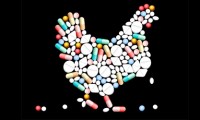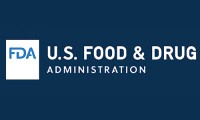-
UK likely to Relax Medical Marijuana Laws
- Source: CNBC
- 853
- June 21, 2018
-
Antibiotic-free Chicken by 2022 – Pizza Hut
- Source: The Verge
- 939
- June 20, 2018
-
‘Gaming Disorder’ Classified as Mental Disorder by WHO
- Source: IndiaTimes
- 1,438
- June 20, 2018
-
Trump calls for FDA price check with drug prices in ads
- Source: Ddu
- 1,138
- May 17, 2018
-
New Telemedicine law legislated by Kansas
- Source: Ddu
- 972
- May 15, 2018
-
New MDSAP rules from Health Canada will raise cost for audit and force some companies out of Canada.
- Source: Ddu -Jophy Joseph
- 802
- May 7, 2018
-
FDA plans to launch ‘Pre Cert 1.0’ by the end of 2018, issues working model for digital health regulation
- Source: FiercePharma
- 820
- April 28, 2018
-
As FDA’s Pre-Cert plan takes shape, worries emerge about overreach
- Source: MobiHealthNews
- 814
- April 27, 2018
-
FDA medical device plan zeros in on cybersecurity, public-private partnership
- Source: HealthcareIT News
- 967
- April 19, 2018
your submission has already been received.
OK
Subscribe
Please enter a valid Email address!
Submit
The most relevant industry news & insight will be sent to you every two weeks.













